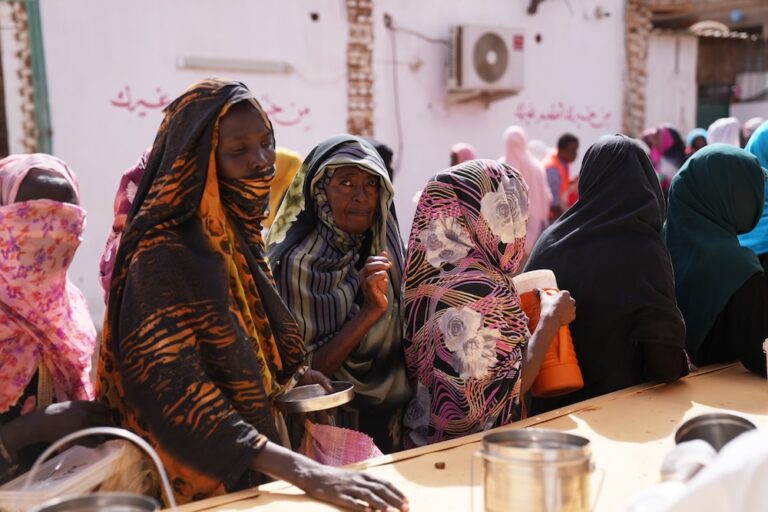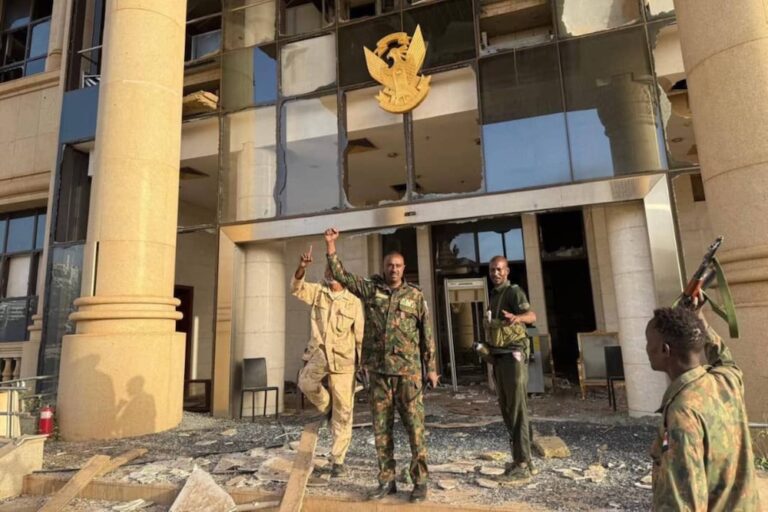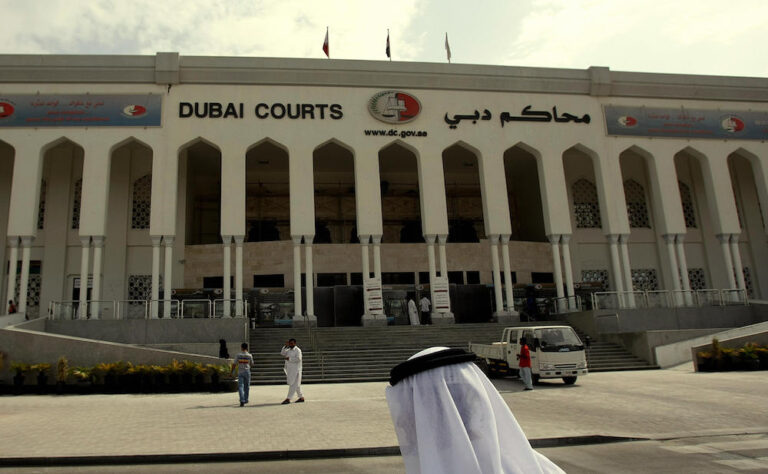(RSF/IFEX) – On 30 December 2002, RSF protested the closure of the independent daily newspaper “Al Watan”, which the authorities say was shut down based on national security and state of emergency regulations. RSF also protested that the editions of two other independent newspapers, “Al Horriya” and “As Sahafa”, failed to appear after having received […]
(RSF/IFEX) – On 30 December 2002, RSF protested the closure of the independent daily newspaper “Al Watan”, which the authorities say was shut down based on national security and state of emergency regulations. RSF also protested that the editions of two other independent newspapers, “Al Horriya” and “As Sahafa”, failed to appear after having received threats from state security officials.
“This is a serious blow to press freedom,” said RSF Secretary-General Robert Ménard, who called on the government to allow “Al Watan” to resume publication at once. “The seizures and the summoning of editors in recent weeks not only risk incurring big financial losses for the papers, but also leads to self-censorship by them.”
The authorities have censored independent newspapers more than a dozen times so far this year for their coverage of topics including circumcision, AIDS, peace talks with the rebel Sudan People’s Liberation Army (SPLA) and discussion of the former power behind the regime, Hassan el-Turabi.
The director-general of the internal security police ordered “Al Watan” to shut down on 28 December along with its publishing company, Compagnie de la Corne de l’Afrique. Adil Sid’Ahmed Khalifa, the newspaper’s deputy editor, told RSF that state security officials burst into the paper’s offices and ordered staff to leave.
On 30 December, the internal security office issued a statement justifying the action because the paper had printed “scores of articles on alleged corruption without providing substantive material to support them ⦠The articles were printed to defame and tarnish the reputation of government institutions and individuals.” The statement said that the paper had been found guilty in 20 court cases. Some of these instances concerned interviews with opposition leaders, including Turabi, and criticism of elections in Iraq.
On 9 November, state security police arrested “Al Watan”‘s editor-in-chief Sid’Ahmed Khalifa after publication of a report about police-student clashes at Khartoum University. His son Adil Sid’Ahmed Khalifa was summoned by police the same day and warned not to print any more articles on the clashes. He was arrested on 10 November. The two journalists were released on 12 November.
Two other dailies, “Al Horriya” and “As Sahafa”, failed to appear on 28 December after state security officials warned them on 27 December not to publish or else their Saturday editions would be seized. Editor Nureddin Madani and publisher Rabie Hamid, both from “As Sahafa”, were summoned for questioning after printing a statement on 27 December by Turabi’s banned Popular National Congress Party. The statement criticised the government’s one-year renewal of the state of emergency. Saadeddine Ibrahim, “Al Horriya”‘s editor-in-chief, was summoned about an article that accused the government of selling off the country’s assets and embezzling huge sums of money.


